CAR T patient journey
CAR T-cell therapy is a personalised form of immunotherapy, which uses the power of a patient’s immune system to target the lymphoma. With CAR T-cell therapy, white blood cells (they help to fight infection) are collected from a patient and their T-cells (a type of white blood cell) are separated and modified to boost their ability to find and attack cancer cells. These then become known as CAR T-cells, which are infused back into the patient so that they can bind to and attack the cancer cells.1,2


Eligibility and Referral
The haematologist will first assess the patient's eligibility for CAR T. If the patient is not currently being treated at a CAR T Treatment Centre, they will need to be referred to one (click here). If the patient doesn't live close by, travel and accommodation support for the patient and their carer may be available. The CAR T haematology team will provide further information.
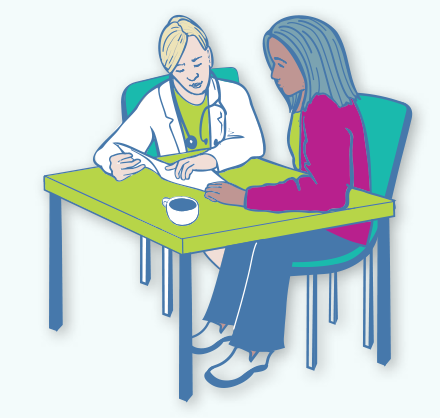


T-cell Collection (Apheresis)
Once the patient is enrolled for CAR T, their white blood cells are collected at the CAR T Treatment Centre.1,2
The patient returns home while the treatment is manufactured.
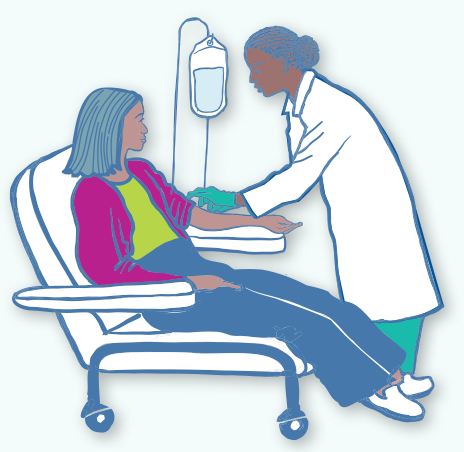


Bridging Therapy
Whilst the CAR T-cell therapy is being manufactured, the patient may receive a therapy such as chemotherapy to control their disease or reduce disease burden.1
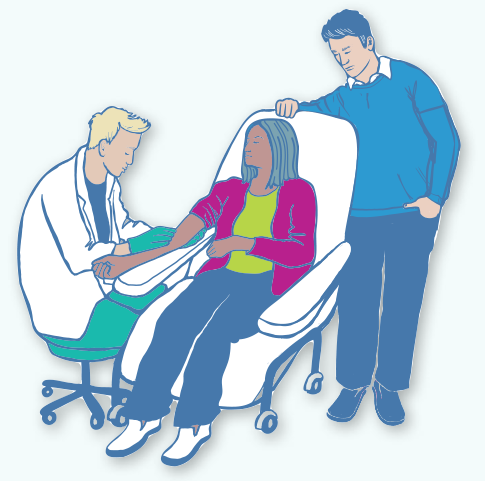


Infusion
A few days prior to CAR T infusion, the patient will be admitted into the CAR T Treatment Centre and given low-dose chemotherapy to prepare the body for CAR T-cell therapy. The CAR T-cell therapy, manufactured from a patient's own blood cells, is then given to the patient through an infusion.1,2
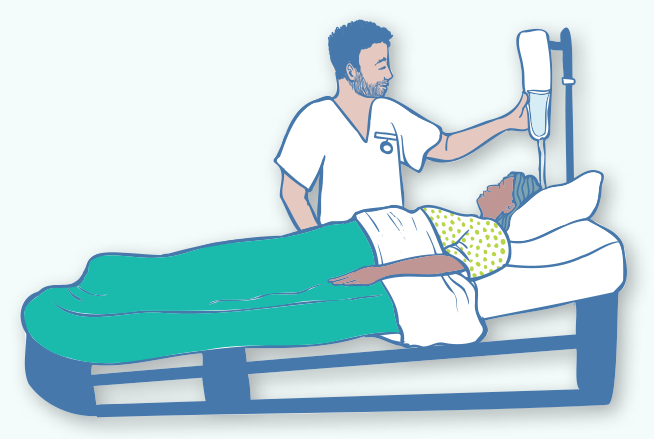


Monitoring
The patient will need to stay close to the CAR T Treatment Centre for ~4 weeks post infusion so that any side effect can be managed by their CAR T team. The patient will need a carer with them to help monitor for side effects.3,4
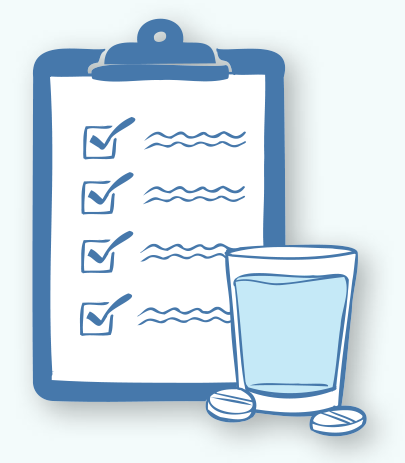


Follow-up and Safety
If the patient has been referred to a CAR T Treatment Centre, they will be discharged back to their original haematologist for follow up appointments.
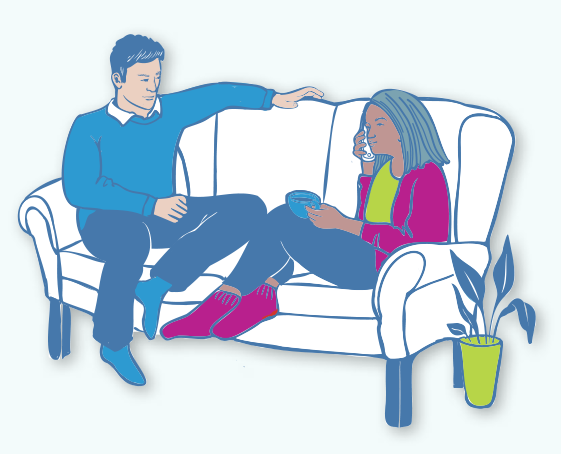


Post CAR T
Everyone’s response to CAR T is different and patients may wish to connect with CAR T support groups or online communities – Lymphoma Australia and Rare Cancers Australia are good places to access CAR T communities.
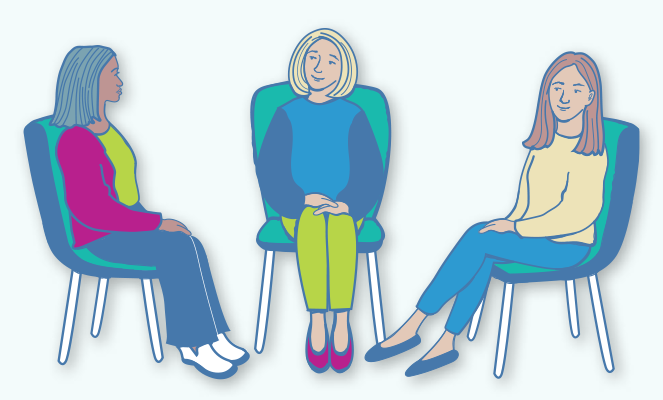
References: 1.Lymphoma Australia. Chimeric Antigen Receptor (CAR) T-Cell Therapy. Available at: https://www.lymphoma.org.au/wp-content/uploads/2020/11/LYA084_CARTT_FactSheet_FAweb-3.pdf. Last accessed April 2025. 2.Peter MacCallum Cancer Centre. CAR-T Cell Therapy. Available at: https://www.petermac.org/car-t. Last accessed April 2025. 3.Yescarta® Approved Consumer Medicine Information. Available at https://www.ebs.tga.gov.au/ebs/picmi/picmirepository.nsf/pdf?OpenAgent&id=CP-2024-CMI-01536-1&d=20240913172310101. 4.Tecartus® Approved Consumer Medicine Information. Available at https://www.ebs.tga.gov.au/ebs/picmi/picmirepository.nsf/pdf?OpenAgent&id=CP-2024-CMI-01512-1&d=20240919172310101.
©2025 Gilead Sciences Pty Ltd. Level 28, 385 Bourke Street, Melbourne VIC 3000. Date of preparation: April 2024. AU-UNB-0566. GILE0001/EMBC.
